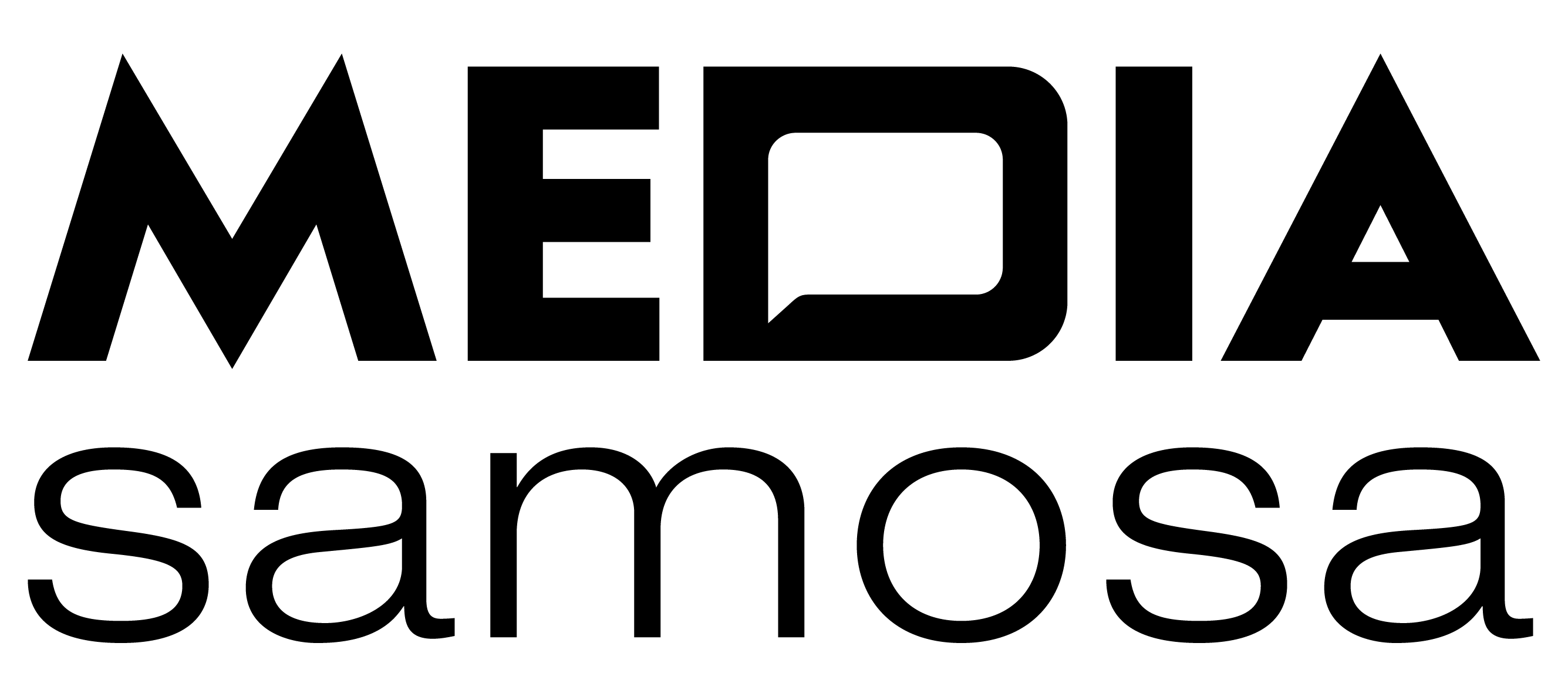Unilever has recently announced it will eliminate the word ‘normal’ from all of its beauty and personal care brands’ packaging and advertising, as part of the launch of their new Positive Beauty vision and strategy.
Positive Beauty sets out several progressive commitments and actions for HUL’s beauty and personal care brands that include Dove, Lifebuoy, Axe and Sunsilk.
The decision to remove ‘normal’ from the company’s packaging and advertising is just one action within the set of three commitments which include helping end discrimination in beauty and champion inclusion, by challenging narrow beauty ideals and building a more inclusive portfolio of products, driving gender equity along with stepping up brand programmes, advocacy to challenge the status quo and #unstereotyping advertising.
The 10,000-person study, which was commissioned by Unilever, was conducted across nine countries which found:
- More than half of people (56%) think that the beauty and personal care industry can make people feel excluded.
- People want to see the beauty and personal care industry focusing more on making people feel better, than just looking better (74%).
- More than half of people (52%) say they now pay more attention to a company’s stance on societal issues before buying products.
- Seven in ten people agree that using the word ‘normal’ on product packaging and advertising has a negative impact. For younger people – those aged 18-35 – this rises to eight in ten.
Consumers increasingly expect brands to take a stand on the issues they care most about. The company’s research further supports this trend, with the majority of people (69%) saying they will recommend a beauty brand to their friends and family if it caters to a wide range of skin and hair types, while half of respondents would pay more for these products.
Sunny Jain, President Beauty & Personal Care, said, “With one billion people using our beauty and personal care products every day, and even more seeing our advertising, our brands have the power to make a real difference to people’s lives. As part of this, we are committed to tackling harmful norms and stereotypes and shaping a broader, far more inclusive definition of beauty.
“We know that removing ‘normal’ from our products and packaging will not fix the problem alone, but it is an important step forward. It’s just one of a number of actions we are taking as part of our Positive Beauty vision, which aims not only to do less harm, but more good for both people and the planet. With more consumers than ever rewarding brands which take action on the social and environmental issues they care about, we believe that Positive Beauty will make us a stronger, and more successful business”, he added
Sarah Degnan Kambou, President of the International Center for Research on Women, said, “Every day, we see and hear messages about how to ‘fit in’, how to be included in very narrow definitions of what is ‘normal’. In order to champion equity, we need to challenge these restrictive ‘norms’ and create societies and communities that celebrate diversity – and the unique qualities and ideas that each person brings. Beauty is no exception. We look forward to seeing Unilever advance these commitments and hold themselves to the high standards they have set out before them.”
Comments
comments
